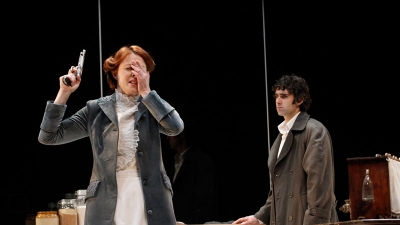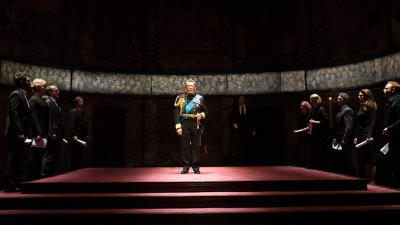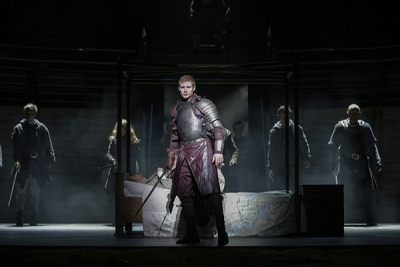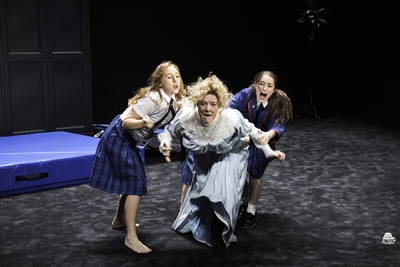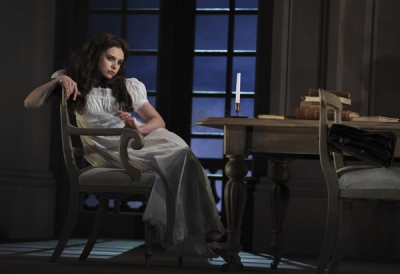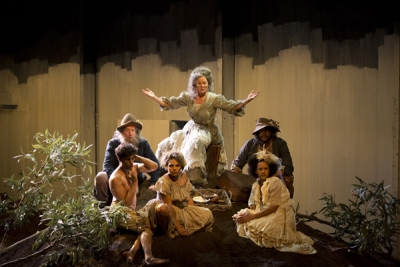Theatre
Patricia Cornelius has a passion for putting unlovely characters on stage. It has almost become an end in itself. Here she chooses, as her anti-social subjects, three violent, foul-mouthed women, all from broken families or foster homes, all victims of sexual and physical abuse, all bruised down ...
... (read more)Strindberg. How do you solve a problem like August? In his own time he was considered extreme. When Strindberg (1849–1912) gave Miss Julie to his publisher, Joseph Seligmann, in 1888, Seligmann insisted it be cut to make it more palatable for the Swedish public. The play wasn't published ...
... (read more)Gentles, perchance you'll wonder at this show
That comes to us with fanfare from abroad.
Mike Bartlett's many earlier plays, like ...
Everything, it seems, depends on Juliet: for nothing can be ill, if she be well cast. And if she not be well cast? The question is an idle one, because in Kelly Paterniti we have an excellent Juliet. She is vibrant and original. Whatever faults this new Bell Shakespeare production may have, in her ...
... (read more)The two high-profile theatre productions featured at this year's Adelaide Festival – the National Theatre of Scotland's imaginative and engaging account of the life and times of the three King Jameses, The James Plays Trilogy, and Romeo Castellucci's mostly impenetrable take on ...
... (read more)Henry Lawson, in his story The Bush Undertaker (1892), refers to the Australian landscape as 'the nurse and tutor of eccentric minds, the home of the weird, and of much that is different from things in other lands'. It is precisely this otherness – this tendency toward the uncanny – that Joan Lindsay ...
... (read more)Many wonderful things have been written about this sprawling gem of a play since it was first staged in 1993. Two decades later, it still bamboozles, delights, and moves its audience in its uncompromising search for meaning in love and science. This was a production in genuine homage to one ...
... (read more)The reappraisal of Australian plays from that great explosion of theatrical creativity in the 1970s and 1980s which has been in train for the last few years continues with the Sydney Theatre Company's production of Louis Nowra's mighty The Golden Age. The play was first performed in 1985 ...
... (read more)It opens with a deep black-walled stage devoid of props, but for a spotlit microphone. Instead of the feared cast change or sponsorial fealty, on walks Marilyn Monroe at Madison Square Garden, with her sequined dress and curvaceous glamour. We recognise Robyn Nevin, defying the years. Funny as Blossom Dearie, she sings 'Happy Birthday' to 'Nuncle Majesty' before yan ...
'Middletown. Population: stable,' says the cop on patrol, addressing the audience. 'The main street is called Main Street. The side streets are named after trees ... Things are fairly predictable. People come, people go. Crying, by the way, in both directions.' Middletown. Muddletown. Everytown. The cop's monologue sets up the premise for this play. For the next few ...



